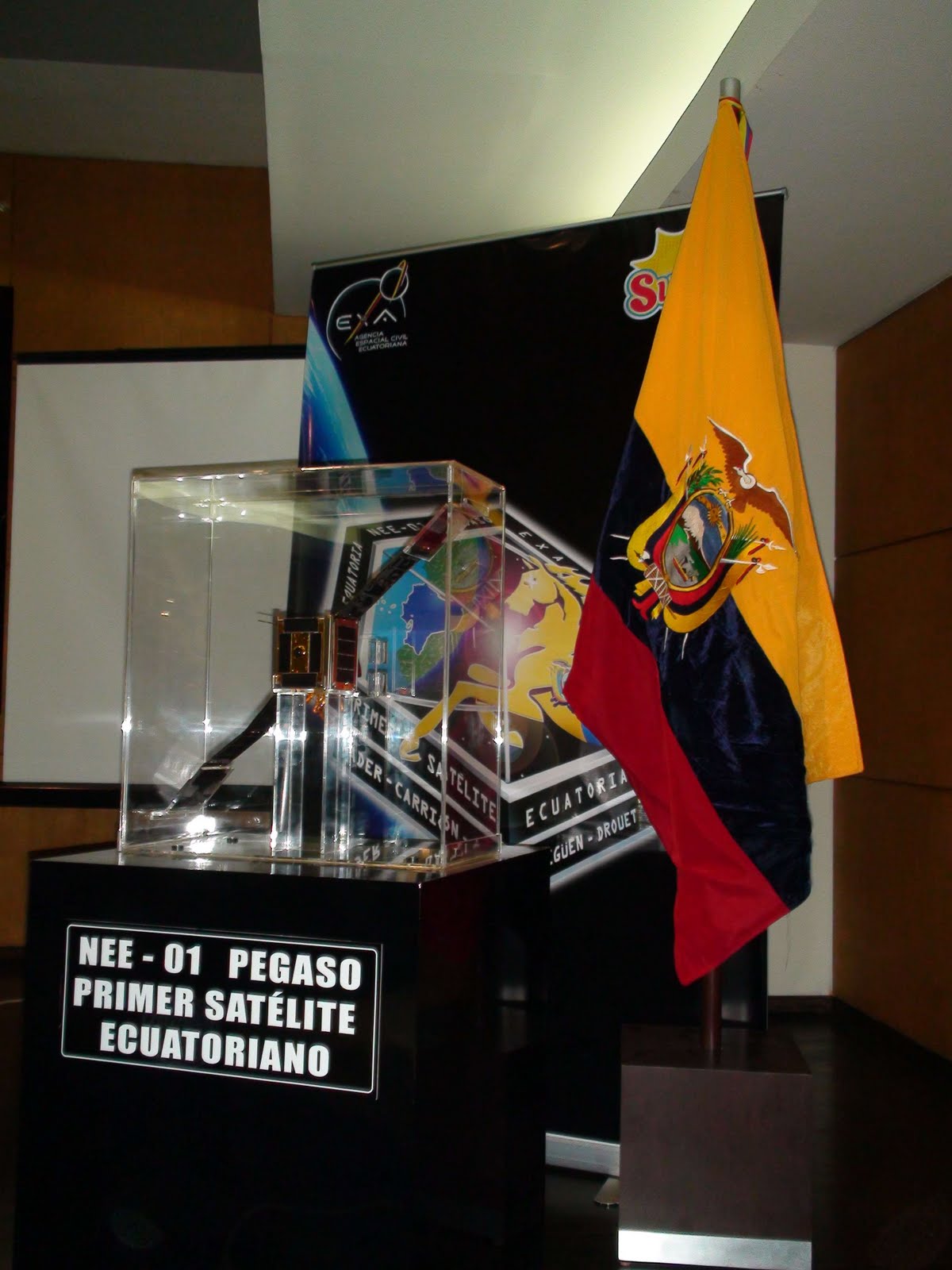
Last week Ecuador placed into orbit its first satellite, named Pegasus, from the Jiuquan launch center in China. Both the design and construction of the nanosatellite were undertaken by Ecuadorian Civilian Space Agency. With a weight of 1.2 kilograms and a dimension of ten cubic centimeters, the device will transmit images and videos in real time from outer space for educational and scientific purposes.
This step adds Ecuador to Brazil, Mexico, Argentina, Colombia, Venezuela and Chile to the Latin American countries that, since the late twentieth century, began getting involved in orbiting satellite technology and launching various numbers of units per country.
Cuba, which pioneered in outer space with the flight of cosmonaut Arnaldo Tamayo in September 1980, the first Latin American to orbit our planet, so far as we know has no satellites in operation. Spatial collaboration plans between the Soviet Union and the Caribbean island collapsed with the Berlin Wall, proof that they were more political than scientific. Now the Russians travel to Cuba as tourists, to do business and collect debts. Unfinished tasks of Cubans including recovering our freedoms and lost time and, why not, hoping to some day, to proudly put our own national satellite into orbit.
30 April 2013
